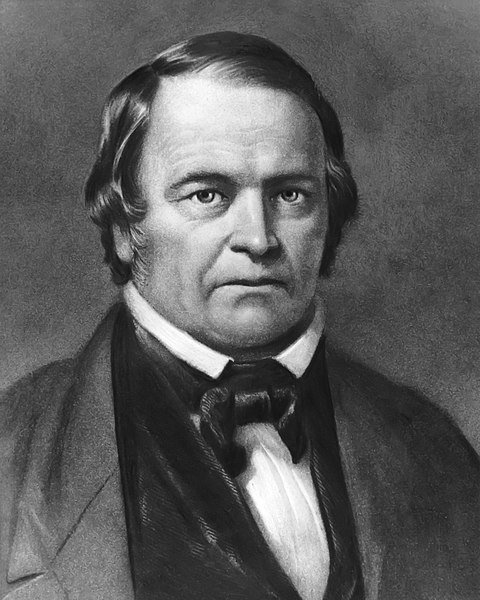Jewish eschatology is the area of Jewish theology concerned with events that will happen in the end of days and related concepts. This includes the ingathering of the exiled diaspora, the coming of the Jewish Messiah, the afterlife, and the resurrection of the dead. In Judaism, the end times are usually called the "end of days", a phrase that appears several times in the Tanakh.
Resurrection of the dead, fresco from the Dura-Europos synagogue
Irving Greenberg
A full set of the Babylonian Talmud
Monument to Maimonides in Córdoba
Eschatology concerns expectations of the end of the present age, human history, or the world itself. The end of the world or end times is predicted by several world religions, which teach that negative world events will reach a climax. Belief that the end of the world is imminent is known as apocalypticism, and over time has been held both by members of mainstream religions and by doomsday cults. In the context of mysticism, the term refers metaphorically to the end of ordinary reality and to reunion with the divine. Religions treat eschatology as a future event prophesied in sacred texts or in folklore. While other religions may have concepts of renewal or transformation after significant events, the explicit description of a new earth is primarily found in Christian teachings within the context of eschatology, this description can be found in Chapter 21 of the Book of Revelation.

Four Horsemen of the Apocalypse, woodcut print from the Apocalypse of Albrecht Dürer (1497–1498), Staatliche Kunsthalle Karlsruhe
The Antichrist, by Lucas Cranach the Elder (1521). Here the Antichrist is shown wearing the triple crown of the Roman papacy.
Icon of the Second Coming. Greek, c. 1700 A.D.
William Miller predicted the end of the world in 1843, known as the Great Disappointment.







